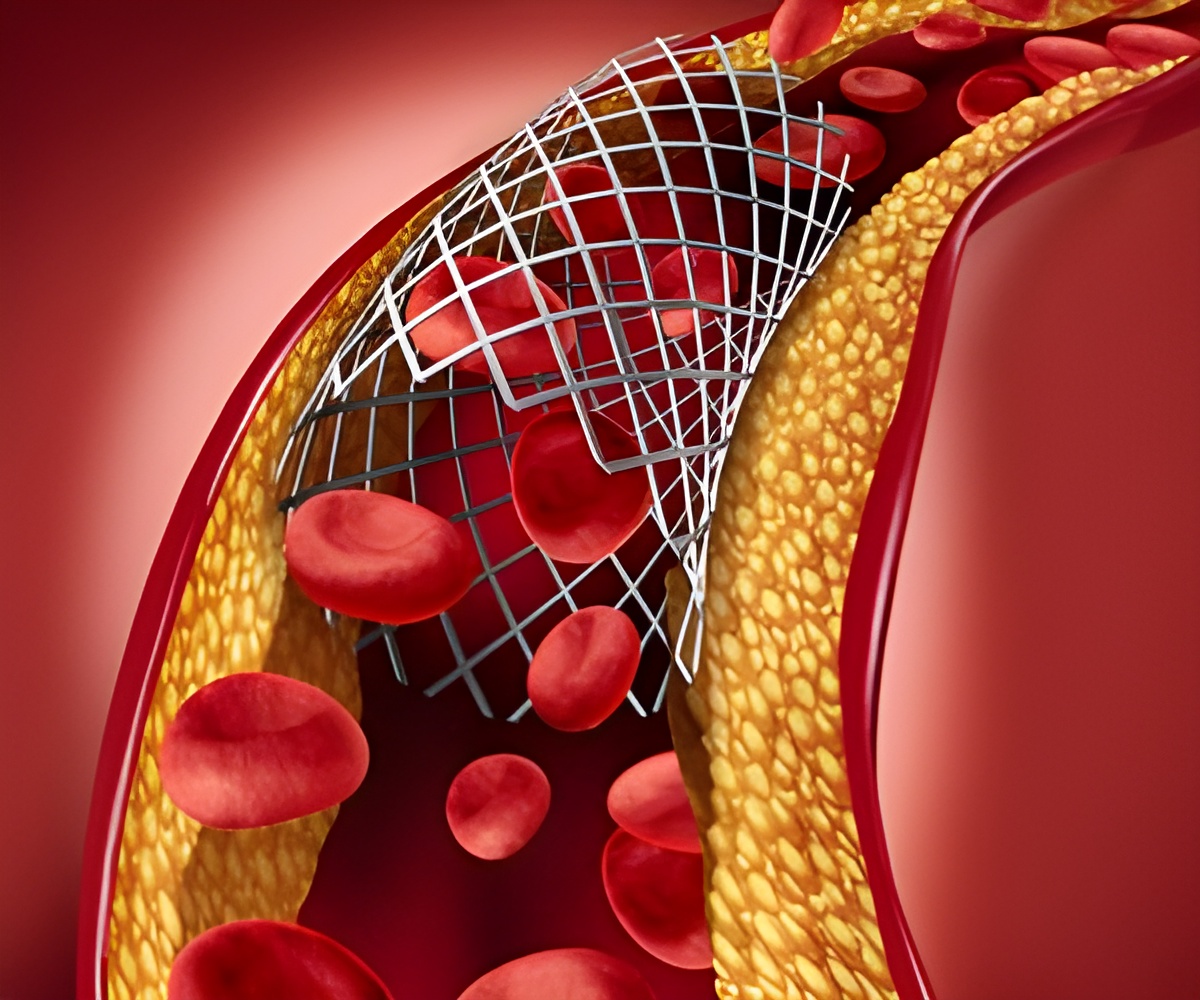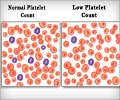Vaccine-Induced Thrombotic Thrombocytopenia (VITT) is a serious health condition in which vaccinated people develop blood clots at specific sites. Early monitoring can help treat VITT and assist in treatment.

‘Anti-PF4 IgG ELISA testing helps diagnose VITT earlier. Screening for blood clots at typical sites and monitoring other clinical parameters fastens detection and help in the treatment.’





The team presented four cases of VITT developed after receiving the first dose of the vaccine. All four cases seemed to have a lower likelihood of developing VITT but, the timely diagnosis by healthcare practitioners helped in the earlier diagnosis and treatment of VITT. The signs of the patients varied over time, portraying how dangerous it could be if proper medical care is avoided in case of no visible symptoms. The researchers finally suggest anti-PF4 IgG ELISA testing, monitoring other clinical parameters, and screening for thrombosis at typical sites in the body.
"The risk of developing a blood clot from the vaccine is still far lower than the risk of developing clots from Covid-19, but it is imperative that clinicians are vigilant in detecting symptoms among vaccinated patients," said Dr. Lavin.
The work was supported by a grant from the 3M Foundation to RCSI University of Medicine and Health Sciences. The observations of all four case studies were presented in the British Journal of Haematology .
Advertisement










